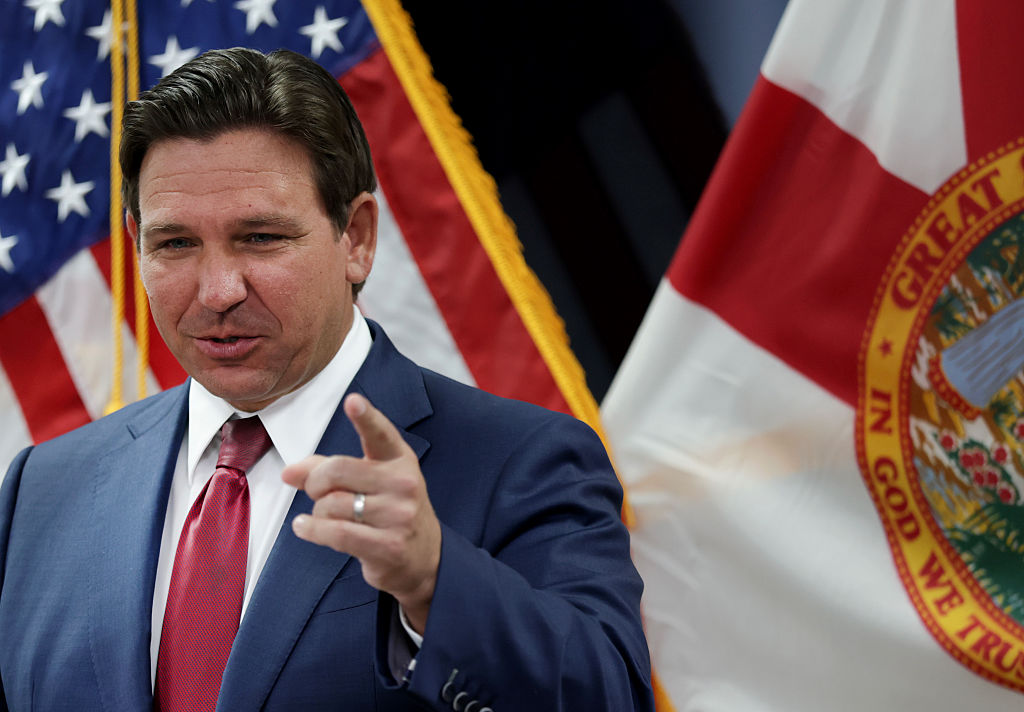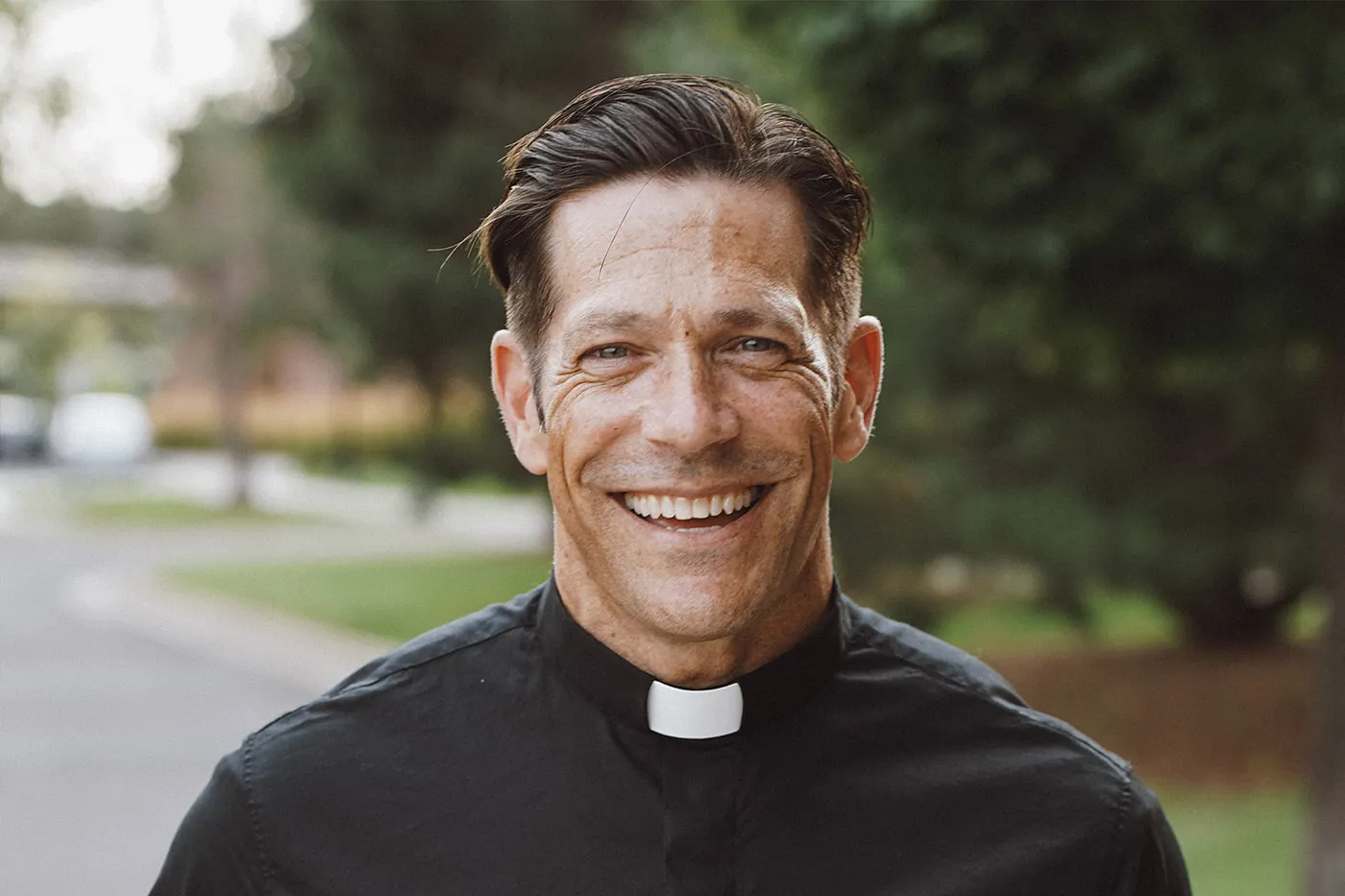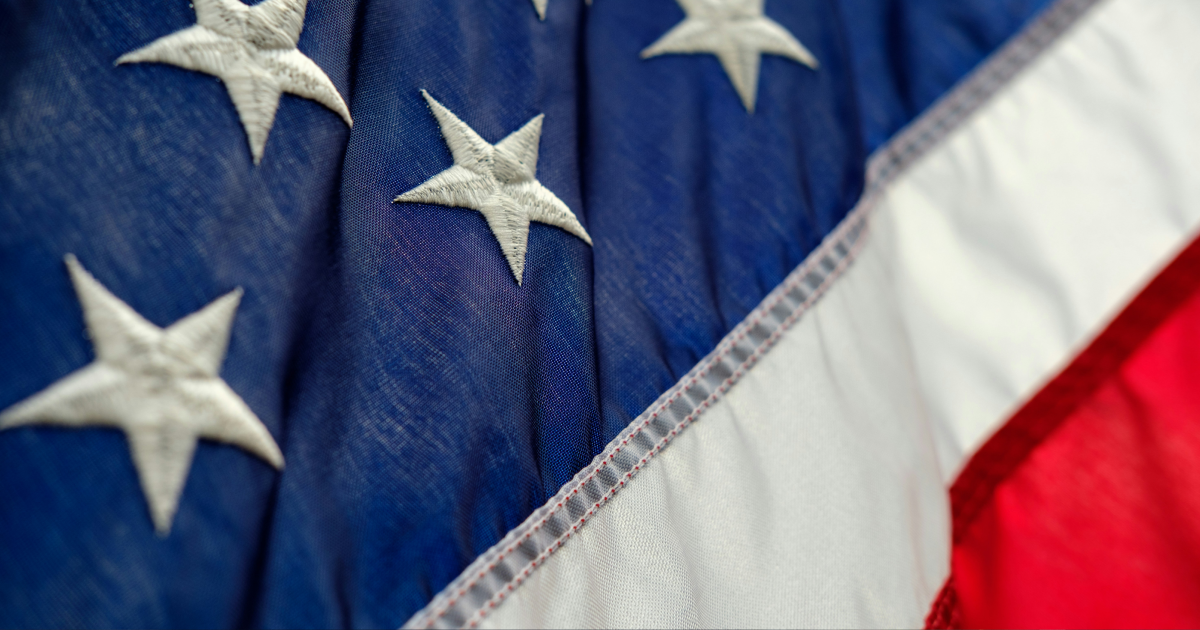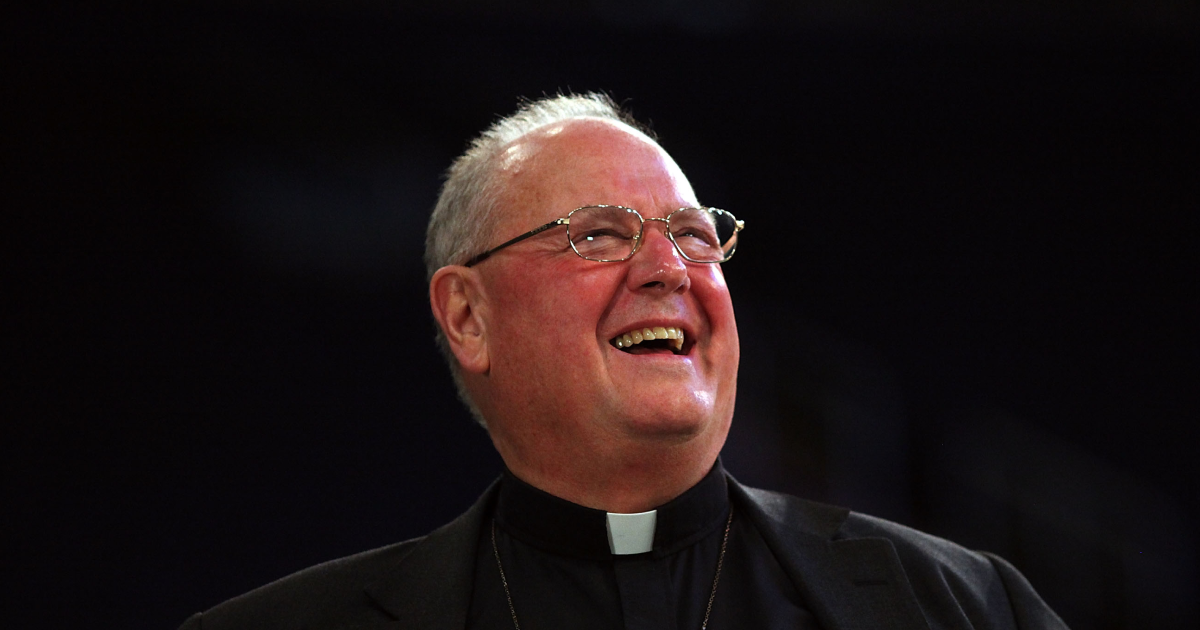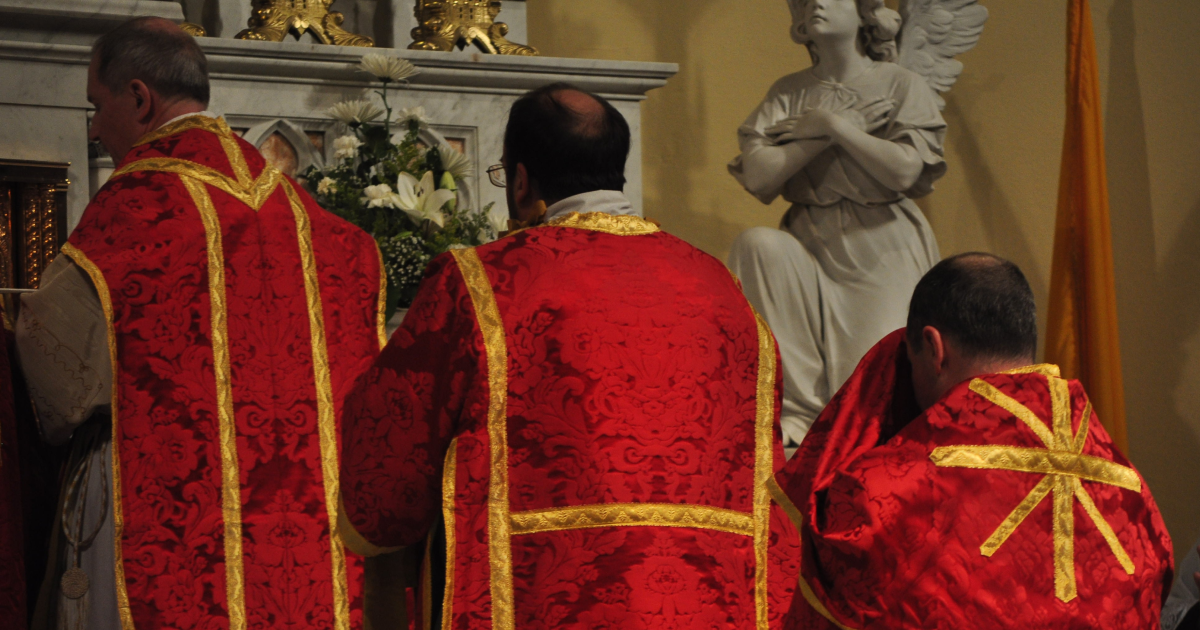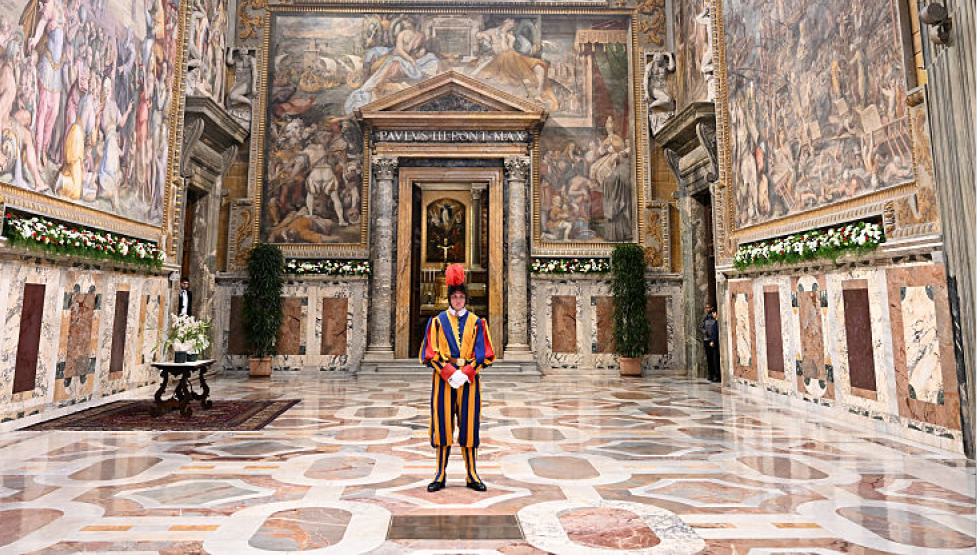The fourth annual Religious Liberty in the States report from the First Liberty Institute has ranked Florida as the most successful state during the past year at protecting religious liberty in the United States.
West Virginia, in stark contrast, is ranked the least successful state at protecting religious liberty though its state statutes or constitution.
First Liberty, which is the larges legal organisation in the US dedicated solely to defending religious liberty, released on 21 July its annual index ranking religious liberty protections for each of the country's 50 states, reports the Catholic News Agency (CNA).
The 2025 report, conducted by the institute’s Center for Religion, Culture and Democracy (CRCD), focuses on the provision – or not – of legal safeguards for religious exercise in state laws and constitutions. The report was revealed by the CRCD team at an event with Florida's Gov. Ron DeSantis to celebrate the Sunshine State holding the No. 1 spot for the first time since the research began in 2022, CNA notes.
“Florida holds several No. 1 rankings, leading the nation in education, economy and tourism – and now, Florida is No. 1 in religious liberty,” DeSantis said. “Religious liberty is critical to the foundation and function of America, and I am proud that Florida excels in protecting this right.”
CNA explains that the report assigns a percentage score to each state based on 47 legal protections that states can use to protect religious liberty within six categories: government, health care, economic life, religious life, family and education.
These protections are aggregated into 20 “safeguards”, which researchers average to produce an index score for each state.
The analysis put Florida in the top spot with an accumulated score of 74.6 per cent, followed by Montana (70.6 per cent), Illinois (68.8 per cent), Ohio (66.9 per cent) and Mississippi (66.4 per cent).
West Virginia scored 19.6 per cent, leaving it in last position for the third year in a row. The state did make some progress by passing a Religious Freedom Restoration Act in 2023, but it wasn't enough to lift it from last place, CNA reports.
Also in the bottom-five states, according to the report's ranking, are Wyoming (23.3 per cent), Michigan (27.4 per cent), Nebraska (29.1 per cent) and Vermont (29.3 per cent).
The majority of states in the US fall within the 25 per cent to 50 per cent range, meaning there is “significant room for improvement”, according to the report. Furthremore, CRCD’s researchers found that 38 states are employing “less than half of the safeguards measured to protect religious liberty”.
Since the Religious Liberty in the States report began in 2022, Montana has shown the most improvement, CNA notes. The state has raised its score by about 31 per cent, specifically due to recent legislation protecting rights of health care workers.
Idaho has also made significant gains since 2024, due to new protections in the categories of health care and family.
First Liberty Institute and CRCD state that their shared intention behind the report is “that legislators and concerned citizens will use our findings to identify ways their states can better protect religious liberty”.
In February 2025, Vice-President JD Vance declared that the second Trump administration would prioritise advancing religious freedom both domestically and abroad.
During an address at the International Religious Freedom Summit, held 4-5 February in Washington, DC, the vice-president said that this would be done in line with, and as a continuation of, what he described as the accomplishments of the first Trump administration.
“You shouldn’t have to leave your faith at the door of your peoples' government, and under President Trump’s leadership you won’t have to,” Vance said during the 5 February meeting.
Vance, a Catholic convert, highlighted that during the first presidential term of Donald Trump the latter advanced religious freedom through his foreign policy with China, as well as across Europe, and throughout Africa and the Middle East, which included rescuing persecuted pastors, and bringing relief to faith groups terrorised by ISIS.
Domestically, the vice president said that Trump’s first term was “a new high-water mark for religious Americans”, with decisive actions to defend religious liberty, combat anti-Semitism, preserve the conscience rights of hospital workers and faith-based ministries as they provide care; and to remove barriers for religious organisations and businesses to work with the federal government.
RELATED: Vance pledges religious liberty prioritised in US and abroad by Trump administration
Photo: Florida Gov. Ron DeSantis speaks during a press conference, Miami, Florida, 10 April 2025. (Photo by Joe Raedle/Getty Images.)





